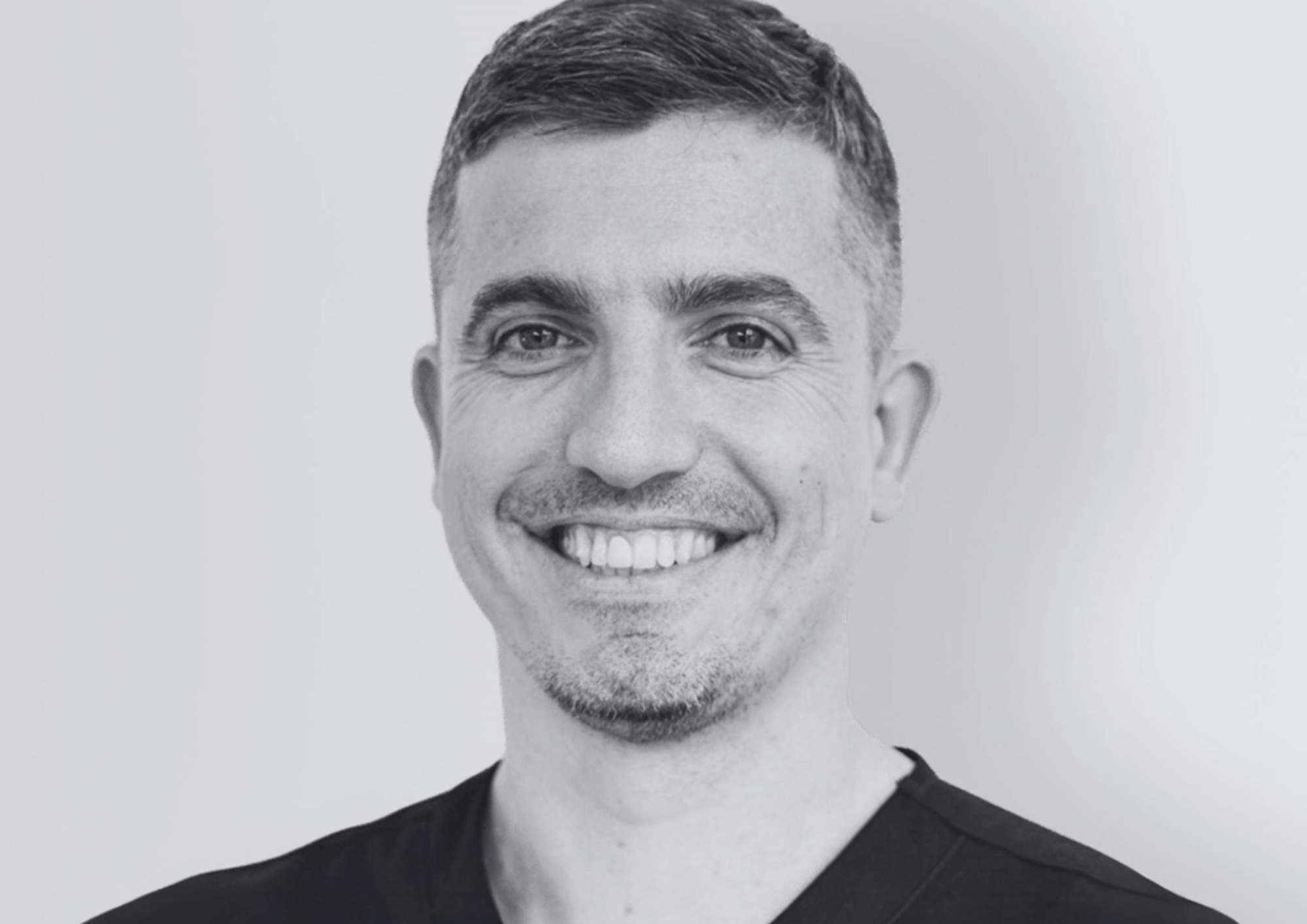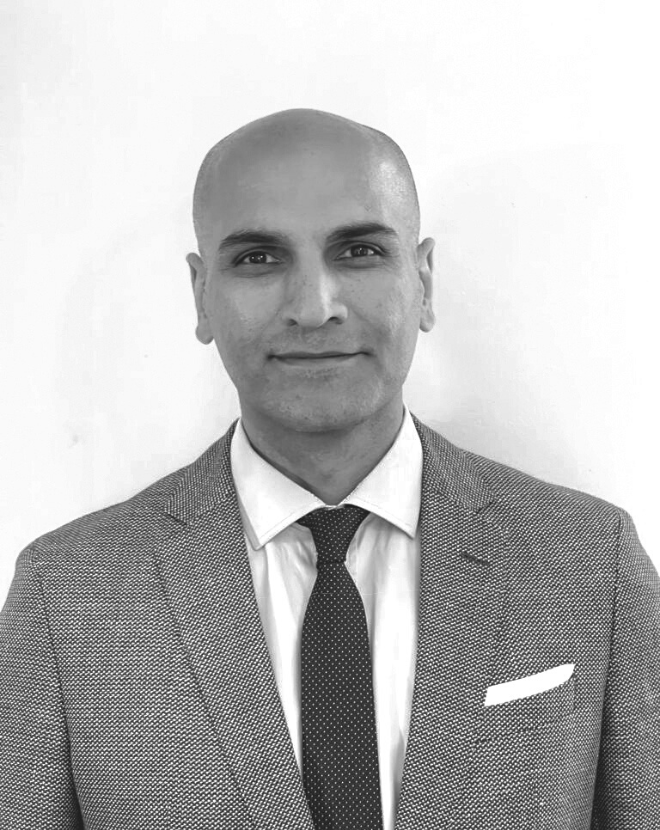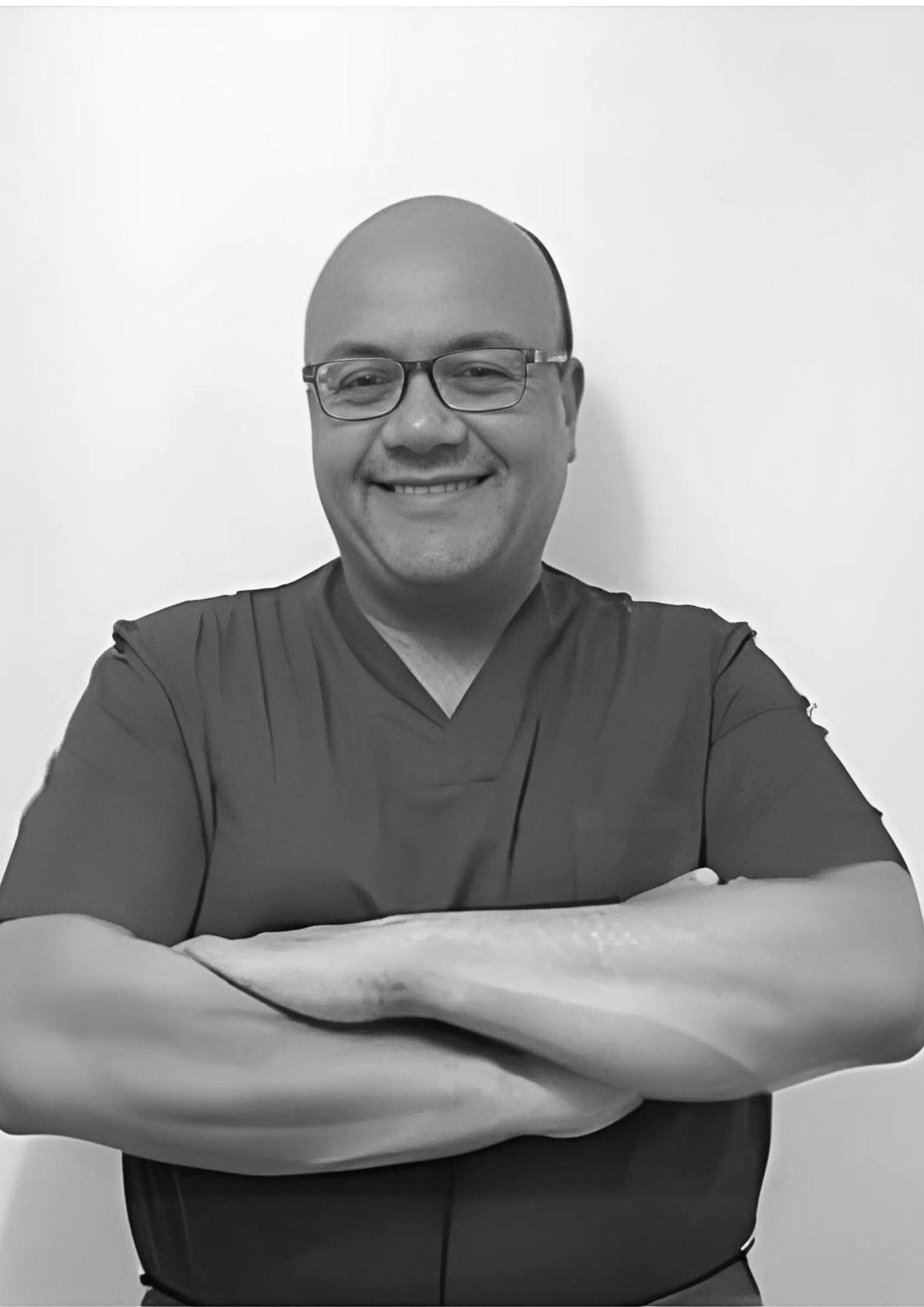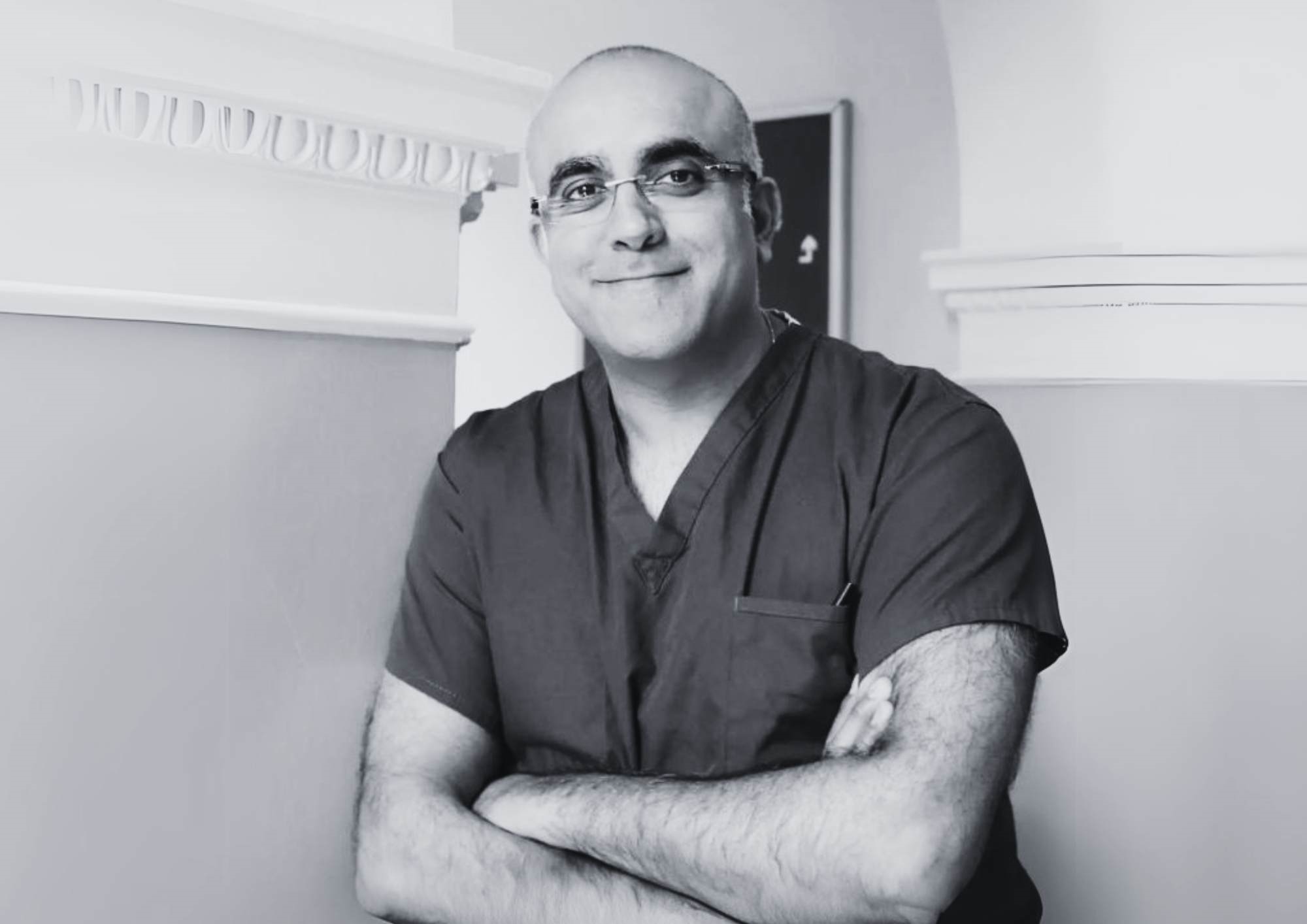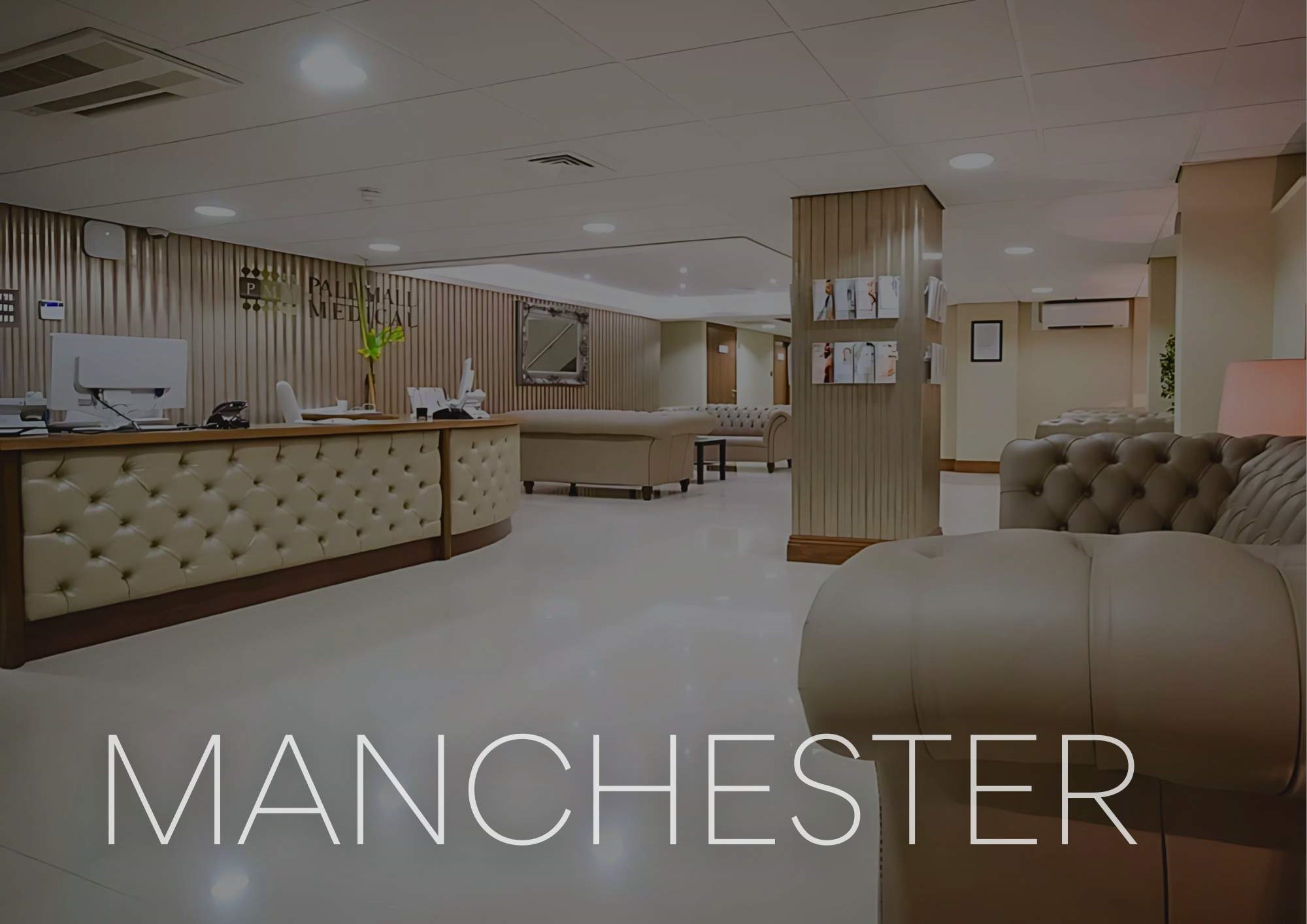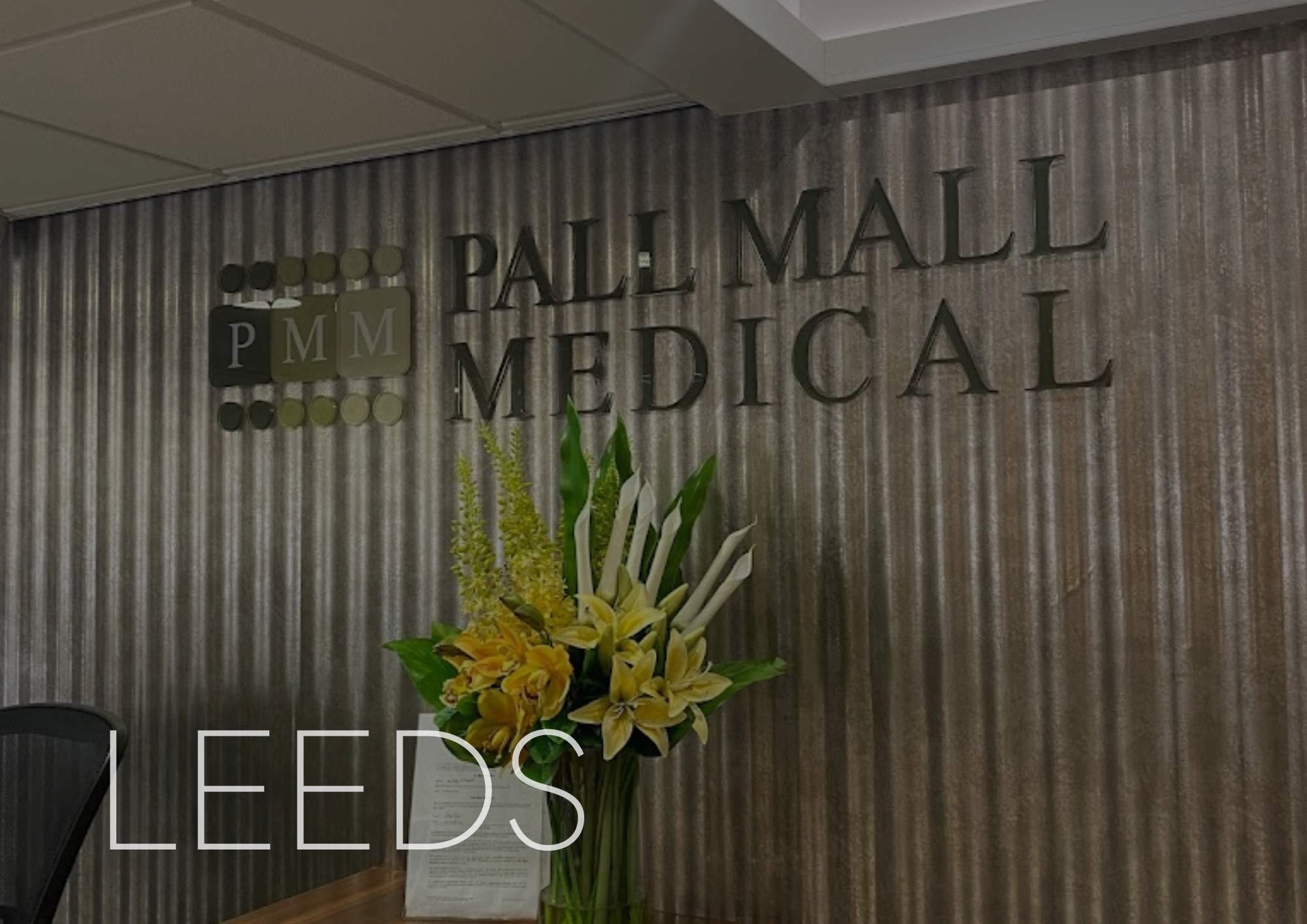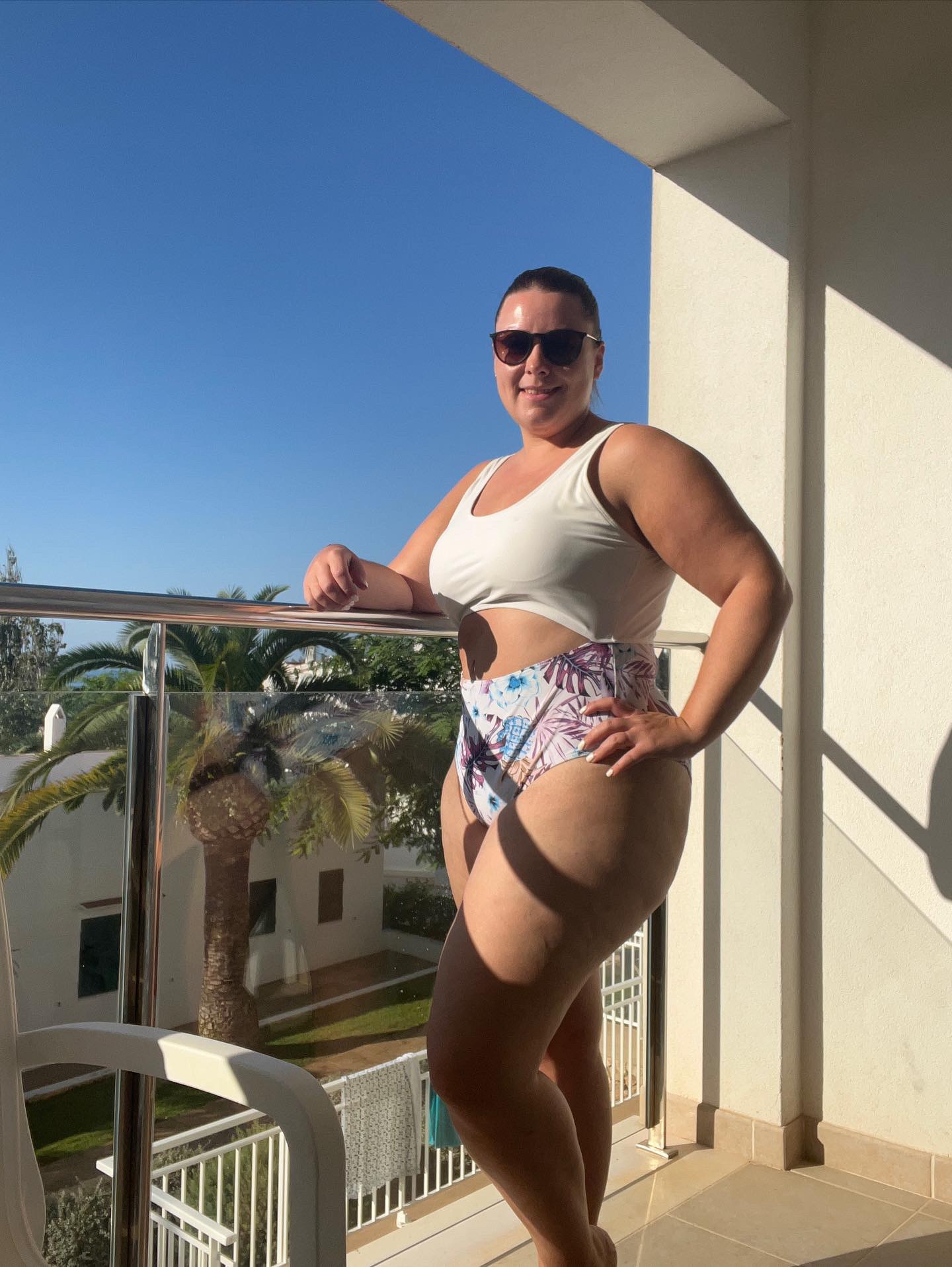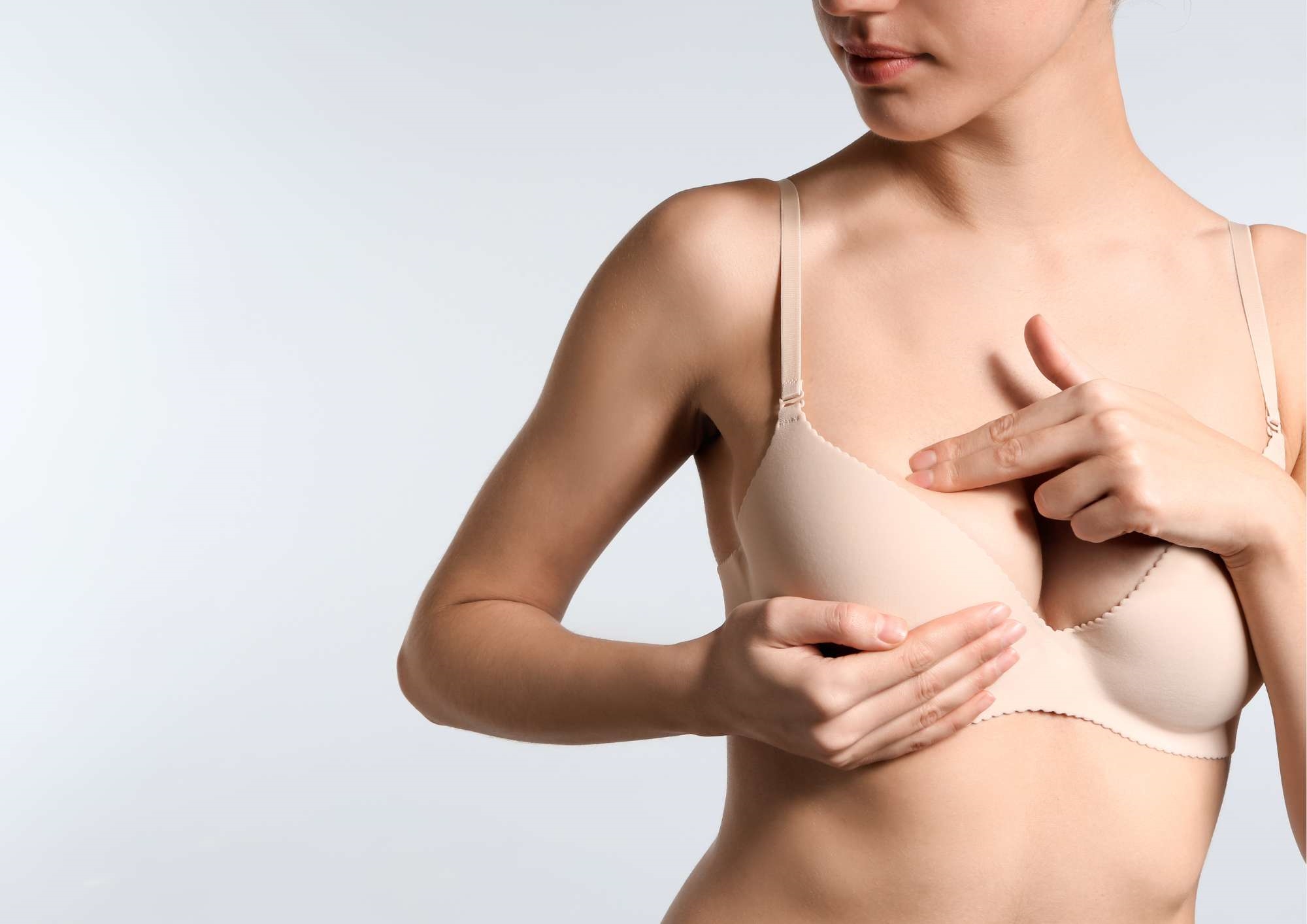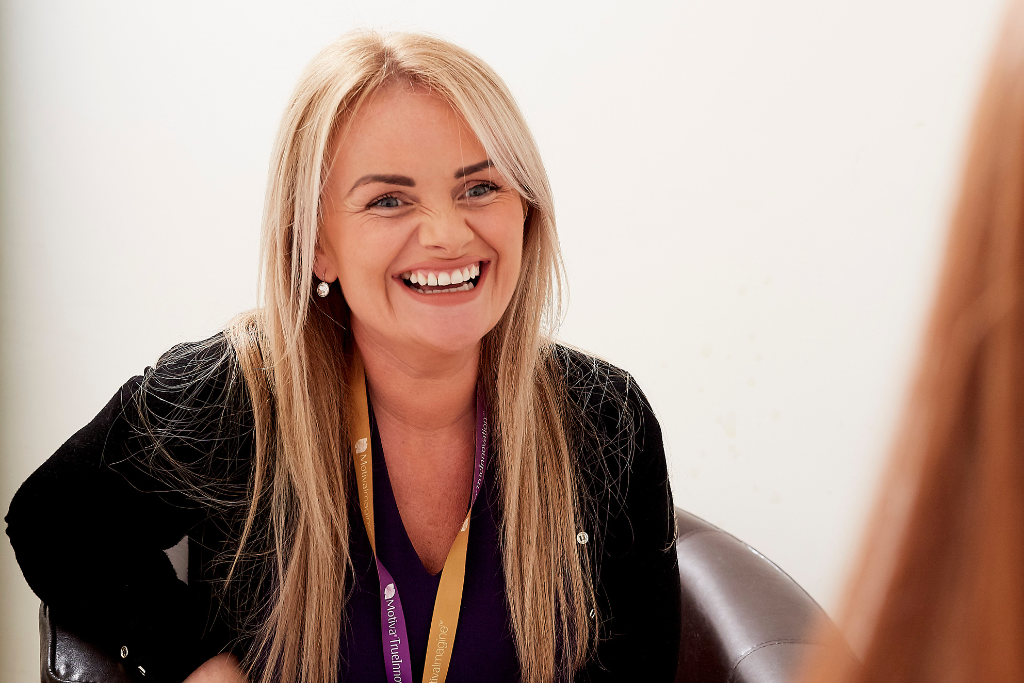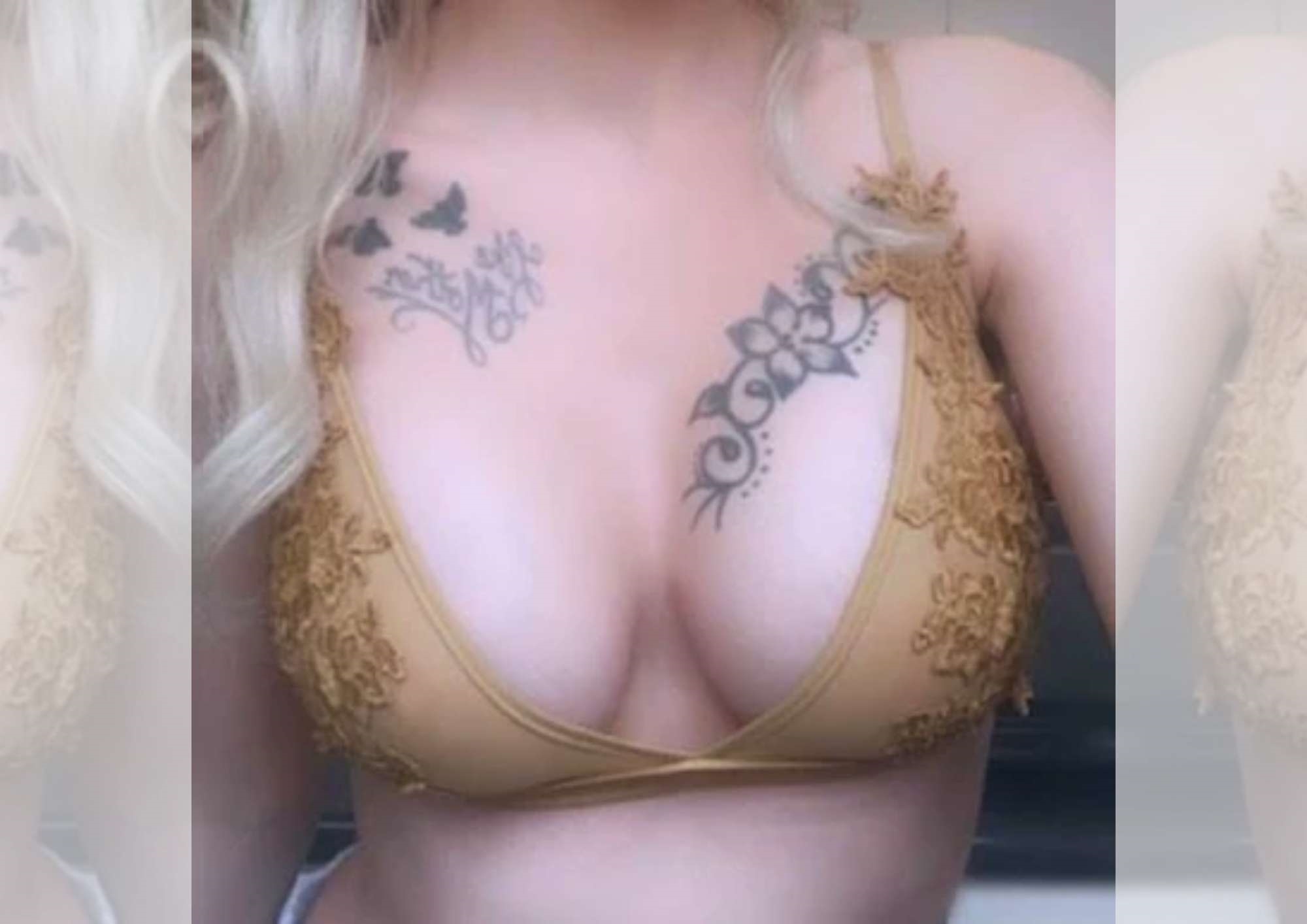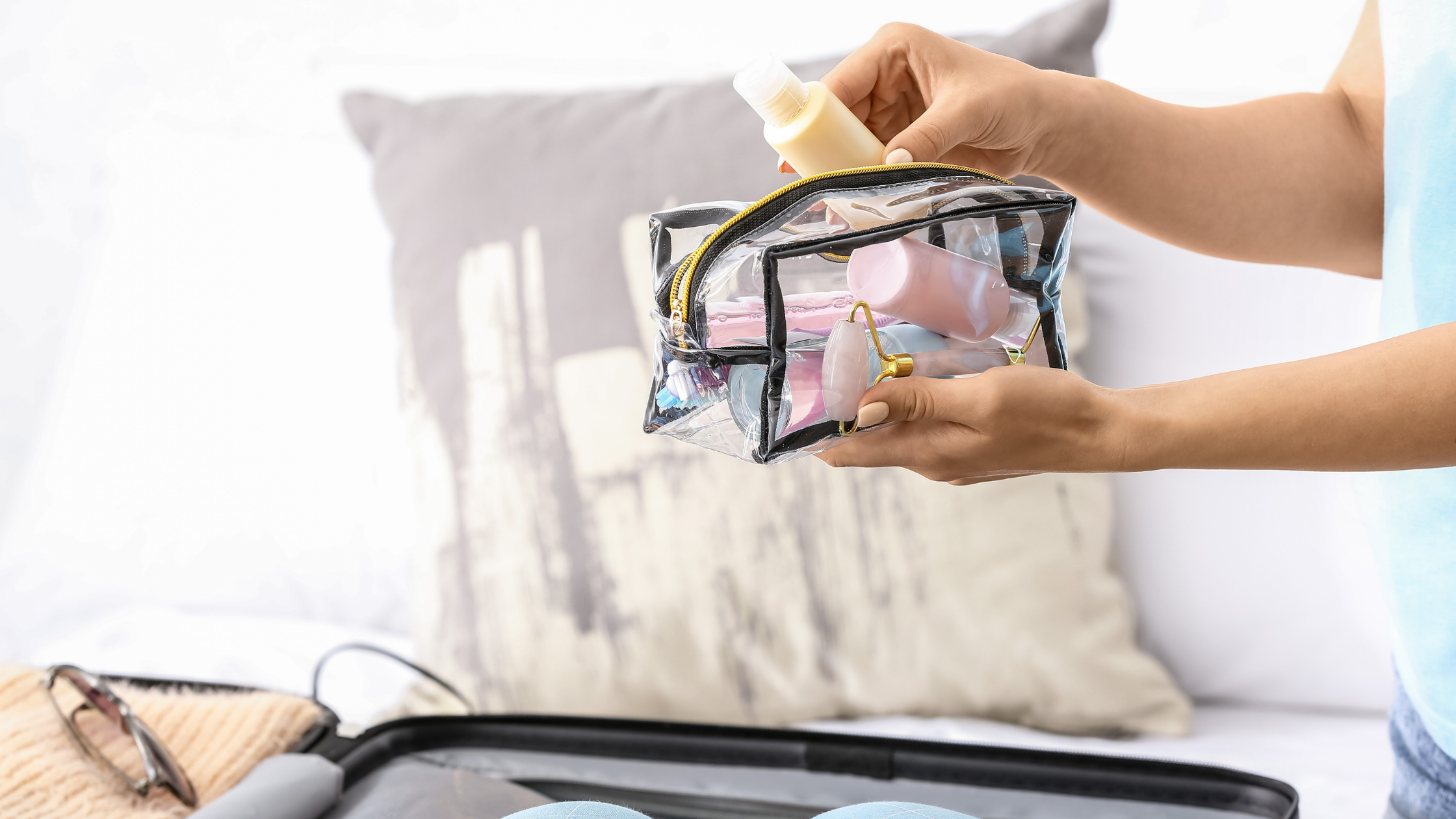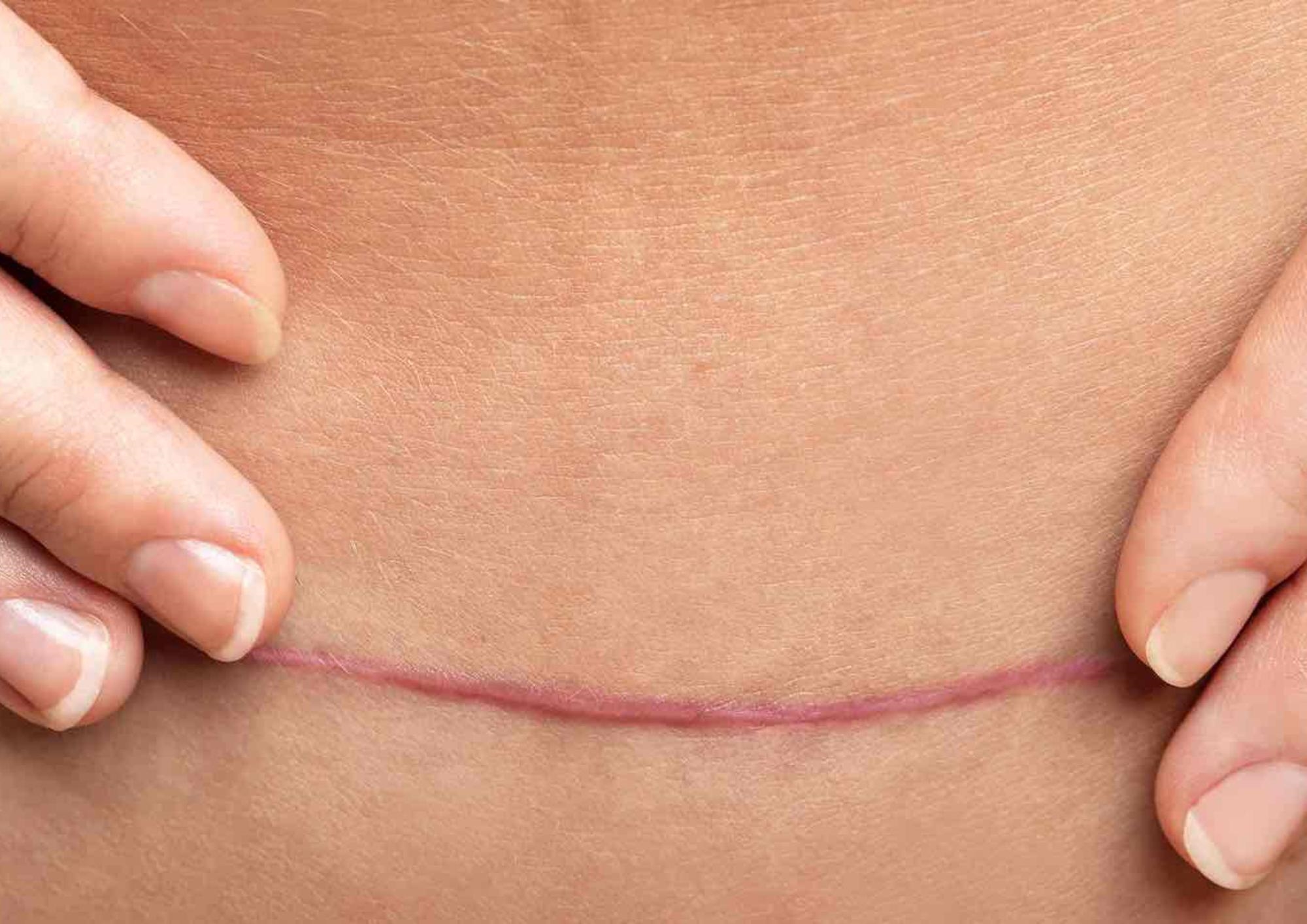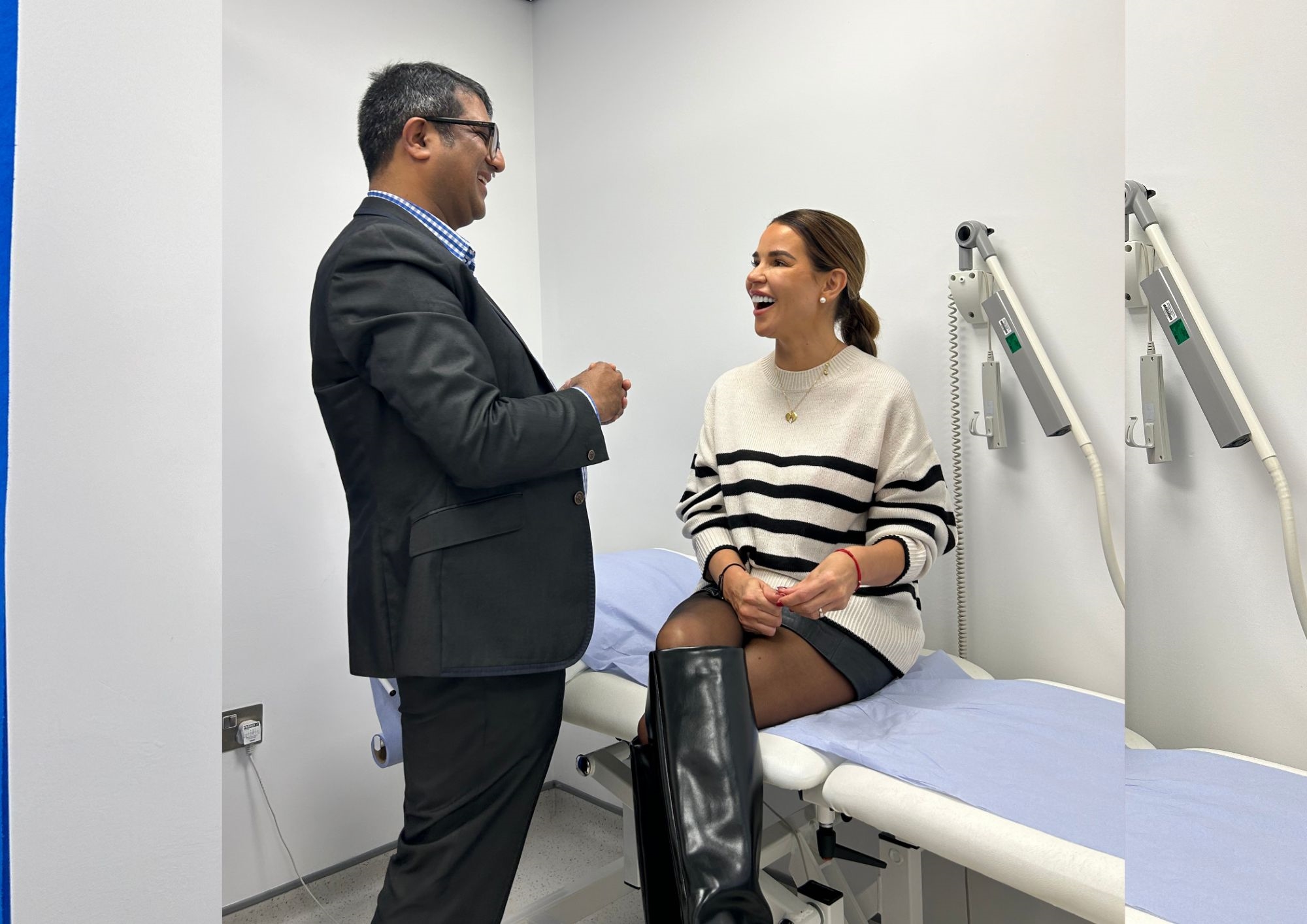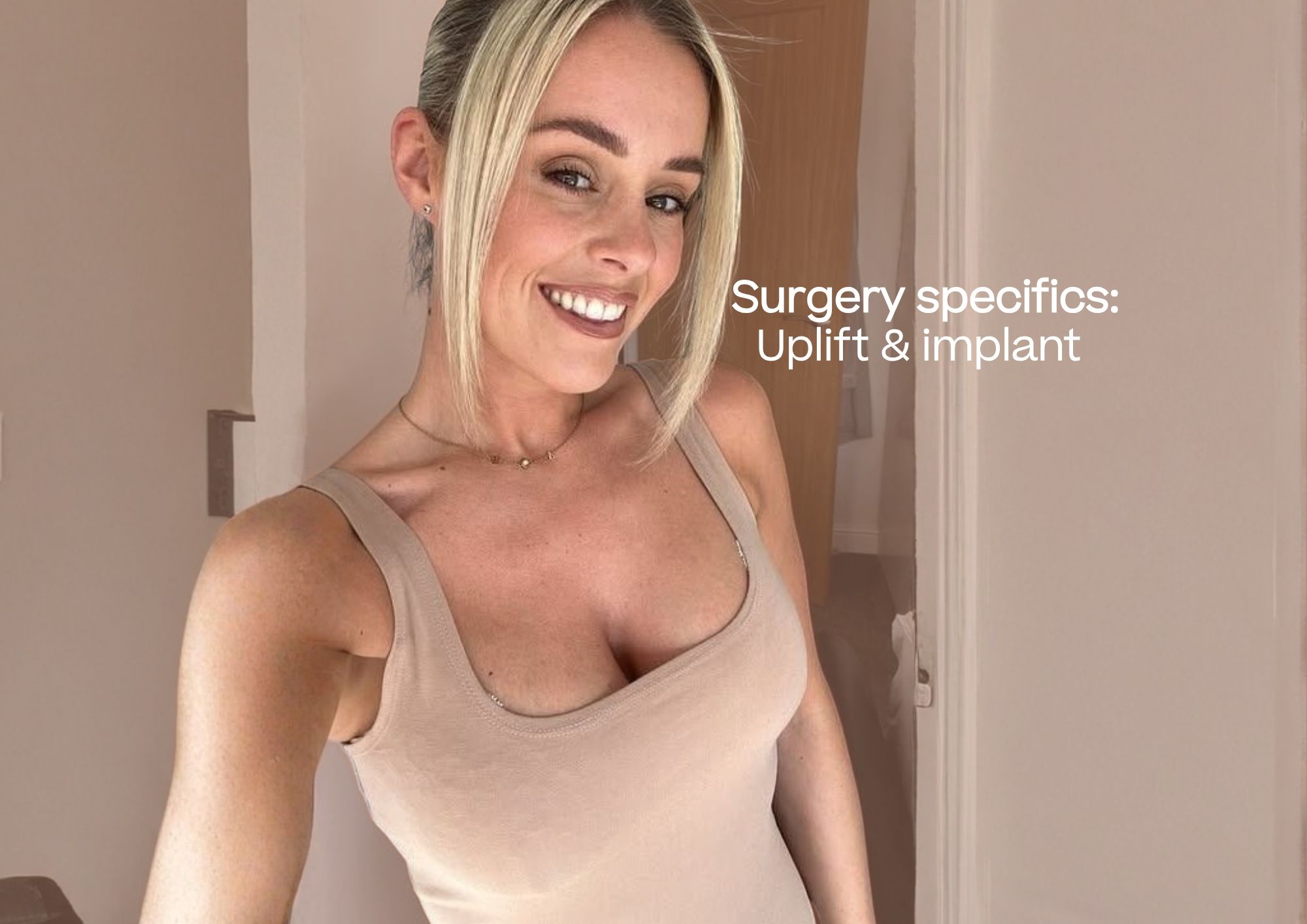
Breast Uplift Surgery - Mastopexy
- From £6,995
- Free surgeon consultation
- 2 years aftercare
- 0% finance options available
- Privately owned hospital in Newton-le-Willows
Breast Lift before and after photos




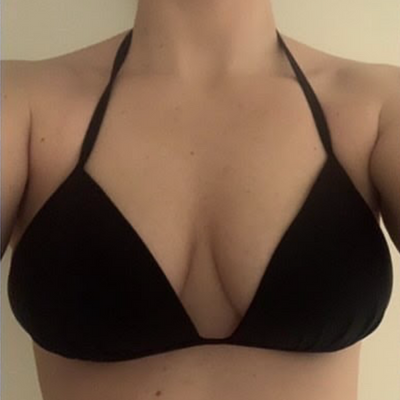
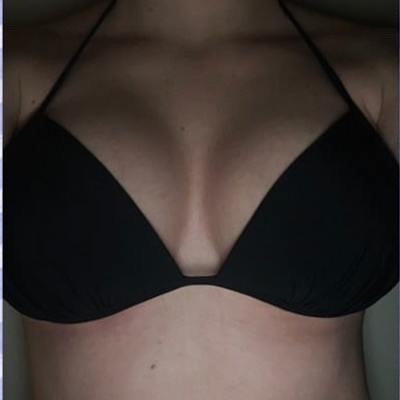
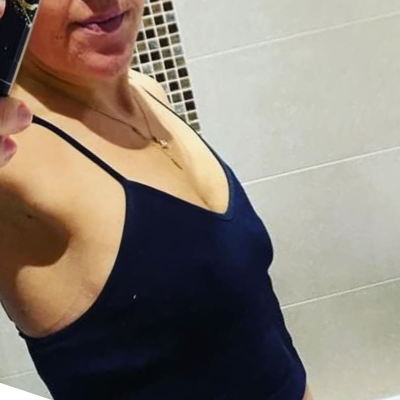



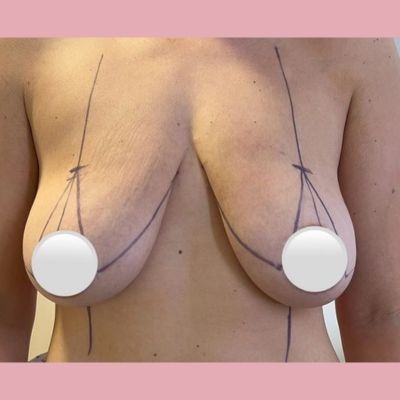

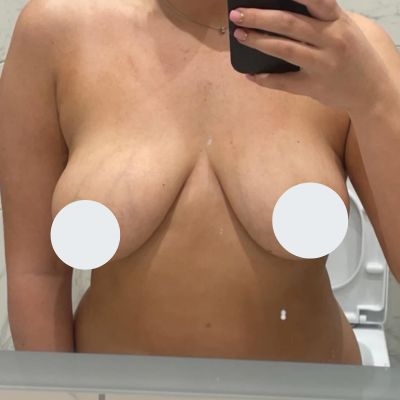



Chloe, Pall Mall Breast Uplift Patient

Types of Breast Uplift surgery
There are different types of Breast Uplift surgery to be aware of so that you are able to understand which procedure would be most suitable for you. Factors such as breast size, amount of loose skin, and your desired result can all affect which type of mastopexy the team at Pall Mall might recommend for you.
Crescent breast lift
A crescent breast lift is recommended for breasts with only minor sagging, and is usually paired with a breast augmentation. A crescent-shaped incision is made along the top half of the areola, removing the skin and inserting the implants. As a result, breast firmness is improved while also adding volume and revitalising the appearance of the nipple.
Periareolar breast lift
Also known informally as a doughnut breast lift, a periareolar breast lift is designed for patients with minimal sagging, but significant enough that a crescent breast lift method would be ineffective. If you are looking for a medium lift, then a periareolar breast lift is the ideal breast uplift operation for you.
Anette: Breast Uplift and Implants
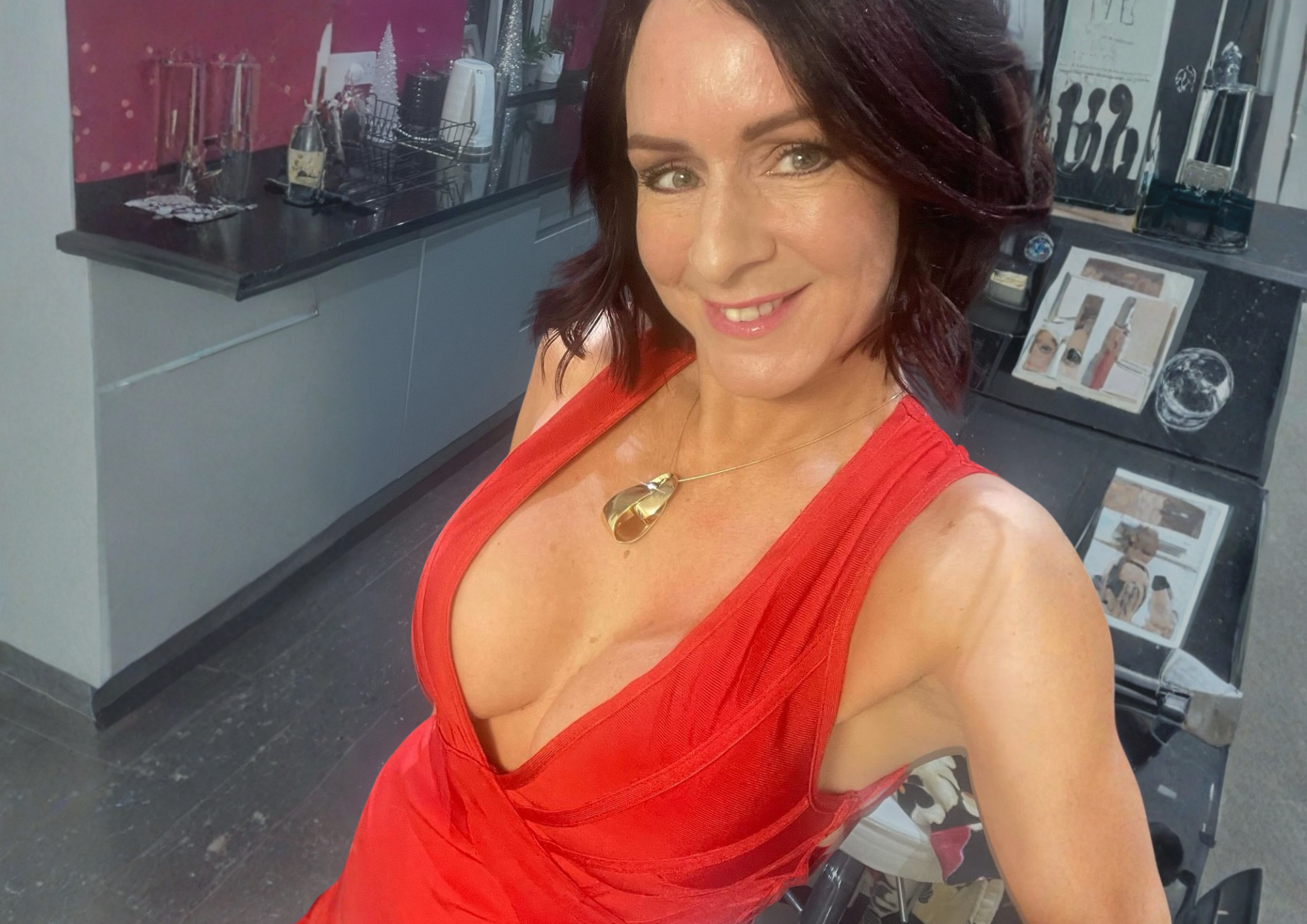
Vertical breast lift
If you have large amounts of loose skin around your breasts and your nipples droop at least five centimetres, a vertical breast lift is the best option. Similar to the periareolar breast lift, a circular incision is made around the areola, and then vertically downwards towards the breast crease, creating a lollipop-shaped incision.
Anchor breast lift
An anchor breast lift is the most effective choice for those with severe sagging and significant amounts of excess skin. True to its namesake, this surgical procedure makes an upside-down anchor-shaped incision, removing excess skin, repositioning the tissue, and raising the areolae. A Breast Implant Removal or Breast Reduction procedure can also be done alongside this type of breast lift.
What's included in the cost of Breast Lift surgery?
Chloe Goodman: Breast Uplift

What can you expect from a Breast Uplift surgery at Pall Mall?
At every stage of the process, from consultation all the way through to the aftercare, you can count on the team at Pall Mall to be with you every step of the way.
Initial consultation
Your consultation with our surgeon will take between 20-45 minutes and will be an easy and open conversation about the surgery and how the breast will be lifted higher, as well as discussing potential complications such as swelling, numbness or cosmetic issues.
Pre-operation
We will invite you to attend a pre-operative assessment. Your nurse will invite you to take part in a series of medical checks to ensure you are healthy and fit enough for the surgery.
All patients are tested for MRSA and there may also be some blood and urine tests administered to ensure you are in good health to undergo cosmetic surgery.
The most important part of this breast uplift assessment is taking photos of your breasts so that we have medical records that show how they looked prior to the surgery.
Surgery
Our privately owned, Care Quality Comission (CQC) registered hospital in Newton-le-Willows is built for your comfort so that once you arrive you feel calm and relaxed about the operation. The surgery itself takes around two to three hours. Here is what your breast uplift procedure will typically look like:
You will be put under general anaesthetic - you must not eat anything for six hours before the procedure, and you must not drink anything between two and four hours before
The incision placement varies depending on the type of breast lift your surgeon will be performing, however you can expect an incision to be made around your areola, potentially downwards towards your breast crease and possibly horizontally along the breast fold
Excess skin is removed and breast tissue is reshaped using stitches; your nipple will also be repositioned to a higher position and the size of your areola may also be reduced using stitches as well
If you have also decided on a breast enlargement, breast implants will be inserted to improve breast fullness
Incisions are then closed with stitches, surgical tape, or skin adhesives; your breasts may also be covered in gauze and wrapped in a supportive dressing or surgical support bra
Thin tubes may be placed at the incision sites to drain excess fluid - this is removed when the draining has stopped
Post-surgery
After the surgery, patients tend to be able to go home on the same day, but in some cases may need to stay overnight. Keep in mind that you will need to have someone else drive you home - having someone stay at home with you for the first 24 hours after the operation is also recommended.
Your breasts may appear swollen or discoloured, but the incision lines will fade over time and the results will gradually improve over the following six months.
Aftercare
We have an industry-leading aftercare program. You’re free to come in after your procedure as often as you like or you can call our nurses 24/7. You will be advised to refrain from any strenuous exercise in the weeks following surgery and it is imperative you follow your surgeon’s recovery plan to allow you to achieve the expected results.

Michela's Story:
Michela shares her honest journey after undergoing a Breast Enlargement and Uplift.
Like many women, Michela sought to enhance her body’s natural contours and improve her overall silhouette. The Breast Enlargement and Uplift was a step towards feeling more like herself. Initially concerned about scarring, Michela was delighted to find that her post-surgery scars have faded significantly and blended well with her natural skin tone. Reflecting on her transformation, she says: "My results have made me feel more comfortable,"
Click to hear more of Michela's story and see her full experience.

Pay Monthly Options
If you'd like to explore using finance as a way to pay for your Breast Uplift surgery, your dedicated patient coordinator can tell you what your monthly repayments will be at your free consultation. If you want to proceed with a finance application, our patient coordinators can do this for you. Finance acceptance can take up to 24 hours.
- 0% Finance options available over 6 to 12 months
- Pay over 2 to 5 years with 16.9% APR
- Flexible deposit options
Meet our consultants and surgeons
Our cosmetic surgeons are leading experts in Breast procedures and will help you achieve the look you want. Your initial free, no obligation consultation will allow your surgeon to understand your goals and how we can help you.
Lorna, Cara and Shannon our amazing Pall Mall nurses
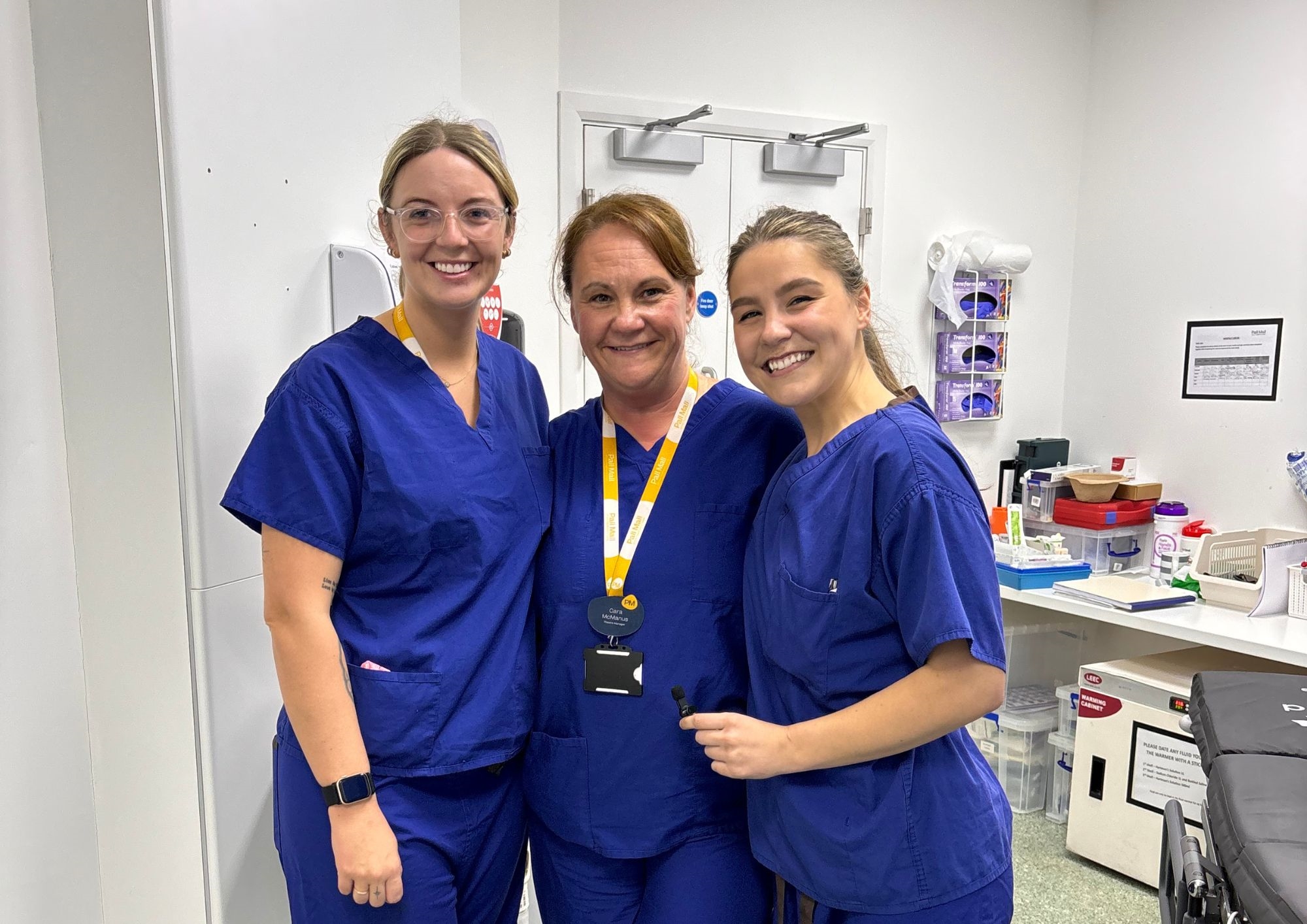
Why choose Pall Mall for Breast Uplift surgery?
Pall Mall is cosmetic surgery care owned and led by doctors – which means care without compromise. We’re driven by how best we can deliver what will make you feel great about yourself – from your first call right through to total, attentive aftercare.
- Care Quality Commission regulated
- Rated 4.95 by our patients
- Surgery carried out in our own private hospital in Newton-le-Willows
- Dedicated patient coordinator and patient experience team
- 24/7 dedicated contact number post surgery
Frequently asked questions
If you have any questions about Breast Uplift surgery, our team is always on hand to help. You can find answers to some of the most common questions about the procedure below.
What should you expect during the consultation process?
At your initial free consultation, you will be asked about your goals regarding breast lift surgery, as well as general questions about your lifestyle and medical history. You will be informed of what to expect from a Breast Uplift procedure.
Your consultation will be with your chosen surgeon so you will receive a full assessment and be given some recommendations to achieve your desired look. This is the perfect time to ask any questions or queries you may have surrounding surgery.
How long does Breast Uplift surgery take?
A Breast Uplift procedure will typically take around two to three hours, but could take longer depending on the extent of the procedure and whether you choose to combine it with another surgery like breast enlargement.
You can expect to spend approximately five hours at our private hospital, which takes into account your final pre-op consultation, administration of anaesthesia, the operation itself, and the time it takes for the anaesthesia to wear off.
In some cases, you might be required to stay overnight. Meals and a stay in your own private, ensuite room at our hospital are already included in your surgery price.
How long is the recovery period for a Breast Uplift operation?
The healing process can differ between patients, but most will find themselves being able to return to normal activity six weeks post-op. The final shape of your breasts will usually be seen in around six to 12 weeks after the procedure, and scarring tends to fade 12 to 18 months post-op.
What risks are involved with a Breast Uplift?
Like with any form of surgery, there are some risks associated with breast uplift surgery that patients should be aware of. Temporary side-effects of breast lifts include:
Scars - will usually fade over time
Bruising, swelling and soreness in the breasts - settles within a few weeks
Changes in nipple sensation - can become more or less sensitive
Who performs Breast Uplift surgery?
All of our highly skilled and experienced surgeons go through a rigorous practising privileges process at Pall Mall Cosmetics, hold substantive NHS posts and hold full indemnity insurance.
Our specialist Consultant Plastic and Breast Surgeons are registered with BAPRAS (British Association of Plastic, Reconstructive and Aesthetic Surgeons) and/or are BAAPS (British Association of Aesthetic Plastic Surgeons) accredited so you receive the gold standard of patient care and a commitment to excellence in aesthetic surgery.
Our cosmetic surgery service is consultant-led, meaning consultations are with the surgeon who performs your surgery. They are highly attentive and provide you with a thorough consultation and aftercare service.
When is it common to have a Breast Uplift?
A Breast Uplift procedure is a common surgery performed to create a “fuller” and more youthful appearance. Women may opt for a breast mastopexy procedure privately if they have:
Lost fullness and shape in their breasts after childbirth, pregnancy, weight loss, or naturally through ageing
One breast that is bigger/smaller or hangs lower
Breasts that are no longer firm
Breasts that appear “flat” or “empty”
Asymmetrical breasts
Why do I need to have Breast Uplift surgery privately?
The NHS does not commonly carry out Breast Uplift procedures unless there is an associated medical issue and significant distress or pain. For this reason, many women choose to have a mastopexy procedure done at a private healthcare clinic such as Pall Mall Cosmetics. There is no waiting list, and you do not need a referral to have an operation performed.
We can ensure your safety at our Care Quality Commission (CQC) regulated hospital in Newton-le-Willows and city centre clinics in Manchester, Liverpool or Leeds.
Enquire about Breast Uplift surgery at Pall Mall
A member of our team will be in touch with you to discuss your requirements.
Always here to help, whenever you need us
You can expect the utmost care from the moment you walk through the entrance of any Pall Mall clinic - not to mention qualified advice from the second you make your initial enquiry.
If you are eager to learn more about the Breast Uplift services we offer, get in touch using one of the methods below.




